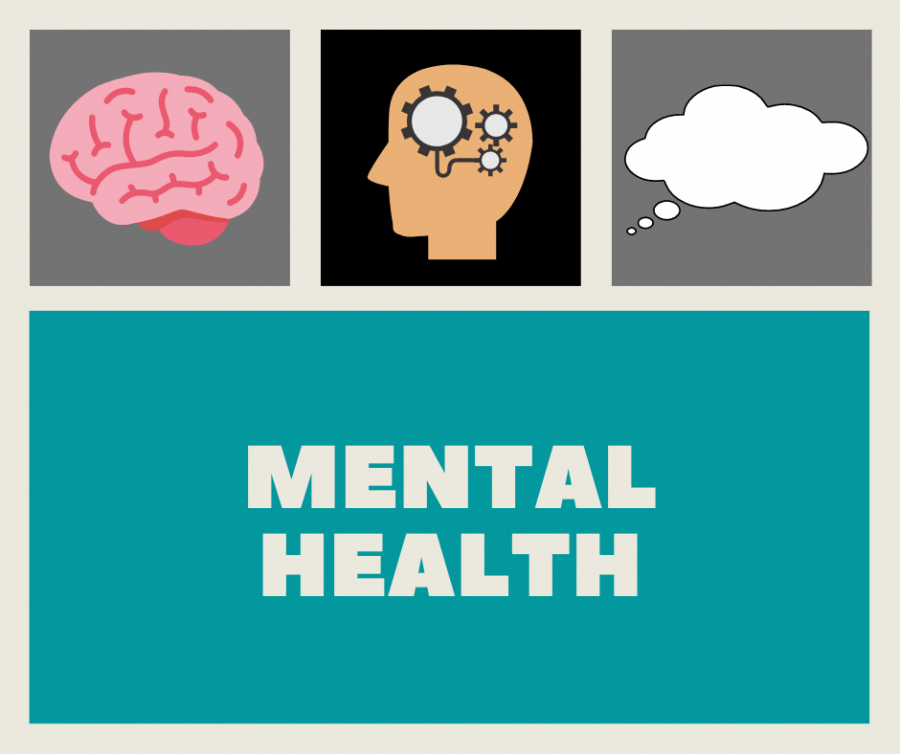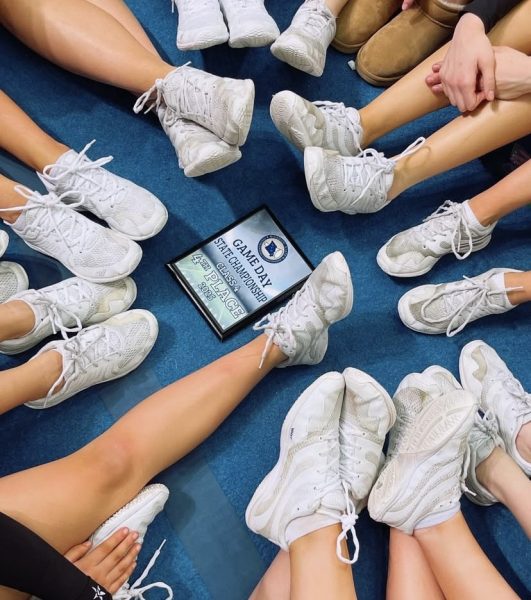Teens and Mental Health
The holiday season can be tough, taking care of your mental health should be acknowledged and talked about, in our communities.
Although it affects tens of millions of people each year in the United States, mental illness is often not talked about due to the weight it caries. The disease can affect people of all ages and includes emotional, psychological, and social well-being. Your mental health can negatively or positively affect your life. We must listen to what our mind is telling us and learn to use resources that are available to achieve the best mind-set. Being at full mental health helps you to achieve your full potential, and it can help you to deal with stress while still having a positive outlook. Associate Superintendent Dr. Krause shared, “ You’ve got to give yourself grace, you’re going to have failures.”
Unfortunately, teens especially have a hard time with positive mental health. Teens may say at times, things like school and social life can be very daunting. According to the organization, Youth Behavioral Risk Factor Surveillance, 1 to 5 teens suffer from mental issues. Additionally, they presented that 18.8% of young adults seriously consider suicide. According to What Is Mental Health, your mental health can affect your thinking, mood, behavior, and can be affected by biological factors and different life experiences, including trauma and abuse.
Knowing your friends is important too, someone with mental illness may not be able to identify it themselves. According to What Is Mental Health, signs of mental illness can be a variety of things such as distancing away from friends and family, sleeping too much or too little, feeling worthless or alone. Your friends acting differently may mean that there going through something, they’re not quite sure about. Every once in a while make sure you check-in and ask questions. Dr. Krause states, ”It’s something we all experience from time to time, even as adults.” This can give someone what they need. Leading them in the right direction can be useful as well. For example, there are available staff members and trusted adults at FHS who provide a safe place for students to speak freely. There is also a workshop available through email sent out by Debbie Hughes for you to have an opportunity to become more aware of mental health and learn tools to help with mental health.
This year, in particular, has been difficult especially since many of our student body has been quarantined. As FHSFreshman student Daija Gray states, “This year has taught me that everybody has issues that they deal with, and I’m not the only one”. Now hybrid learning has come into play as well. It’s now more evident than ever that we need to rely on family and friends to get through hard times. Communication is of high importance and can be done without being in person. Sometimes people just need someone to listen to them and be supportive. Stresses and worries about school are experienced by every teen and should be talked about. Instead of it being a weakness to share, it should be encouraged to show we all can relate to one another. Communication can help someone feel supported and less alone because often people have the same struggles.
Being sad and not being at max mental capacity all the time is not only okay but normal. There are a variety of resources available for support. Some of those resources include friends, family, your school, church, support group, workshops, mental health articles, etc. Mental illness doesn’t have to be permanent. The key is to look out for each other and if you see a friend acting down or depressed, simply ask them how they are doing. It is important to have a positive outlook on life to have good mental health, which requires a healthy balance. Similar to the benefits of exercise, the same would apply to your mental health. Having positive mental health requires you to work at it. And if you find yourself struggling, utilize the resources available here at FHS if you need extra support. Contact your counselor or our social worker, Mrs. Amy Greif.






